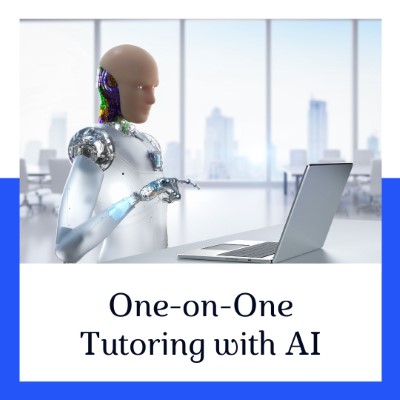For decades, the traditional classroom model has been predominantly one-to-many, where a single teacher addresses a large group of students. While this method is efficient for disseminating information to a large number of students simultaneously, it often falls short in catering to individual student needs. The limitations of this approach are becoming increasingly evident in today’s diverse and dynamic educational landscape.
The Limitations of One-to-Many Teaching
In a typical classroom setting, only a few students actively participate in discussions, while many others remain passive. This lack of engagement is not necessarily due to a lack of interest or ability but rather the structure of the environment. Students who are shy or less confident may hesitate to ask questions or express their thoughts, even if they have valuable insights or queries. Consequently, their potential remains untapped, and their learning experience is compromised.
The Benefits of One-on-One Tutoring
One-on-one tutoring addresses these issues by providing personalized attention to each student. In this setting, students are more likely to engage actively, ask questions, and express their ideas freely. The tutor can tailor the instruction to the student’s specific needs, pace, and learning style, making the learning process more effective and enjoyable.
However, traditional one-on-one tutoring comes with significant challenges. It is time-intensive for tutors, who can only teach one student at a time, making it an expensive option. Moreover, the availability of qualified tutors is limited, as they too have only 24 hours in a day. These factors make one-on-one tutoring inaccessible for many students.
The Promise of AI in Personalized Education
Enter AI-based language models like ChatGPT. These advanced tools offer a promising solution to the challenges of traditional one-on-one tutoring. AI tutors are available 24/7, providing students with the flexibility to seek help whenever they need it. They can engage with students in personalized, interactive sessions that mimic the benefits of human tutoring without the associated costs and logistical constraints.
How AI Tutoring Works
AI tutors leverage natural language processing to understand and respond to student queries in real-time. Students can ask questions on any topic and receive instant, detailed explanations. The interaction can be as in-depth as needed, with the AI providing examples, answering follow-up questions, and even offering practice problems and feedback.
Advantages of AI Tutors
- Accessibility: AI tutors are always available, ensuring that students can get help at any time, day or night. This is particularly beneficial for students with busy schedules or those in different time zones.
- Affordability: Unlike traditional tutoring, which can be prohibitively expensive, AI tutoring is often available at a fraction of the cost or even for free.
- Personalization: AI tutors can adapt to the student’s learning style and pace. They can provide additional resources, adjust the difficulty of questions, and track the student’s progress over time.
- Consistency: AI tutors offer consistent quality of instruction. They don’t have off days and can patiently explain concepts as many times as needed.
- Immediate Feedback: Students receive immediate feedback on their questions and exercises, which helps reinforce learning and identify areas that need further attention.
Realizing the Potential of AI Tutoring
For students to fully benefit from AI tutoring, they must recognize and embrace the technology’s potential. This involves regular use and active engagement with the AI tutor. Students can start by preparing a list of questions or topics they find challenging and discussing them with the AI tutor. Over time, they will likely notice significant improvements in their understanding and problem-solving skills.
Conclusion
The integration of AI into education, particularly through AI-based one-on-one tutoring, represents a significant advancement in addressing the limitations of traditional teaching methods. By making high-quality, personalized tutoring accessible to all students, AI has the potential to democratize education and help students achieve their full potential. As technology continues to evolve, the role of AI in education will likely expand, offering even more innovative solutions to the challenges of learning.
Students today have a powerful tool at their disposal. By leveraging AI tutors like ChatGPT, they can enhance their learning experience, stay ahead in their studies, and develop a deeper understanding of their subjects. The future of education is here, and it is time for students to embrace it fully. So, take the first step, prepare your questions, and start your journey with AI tutoring today.
